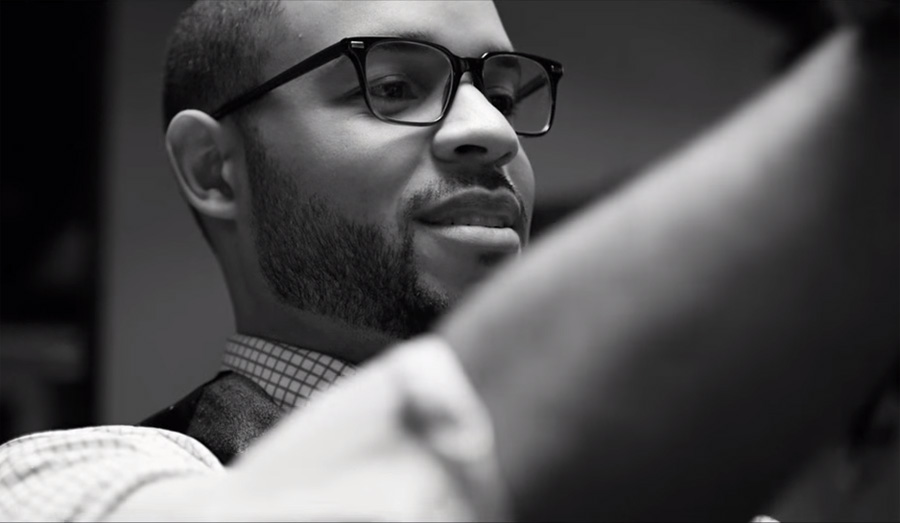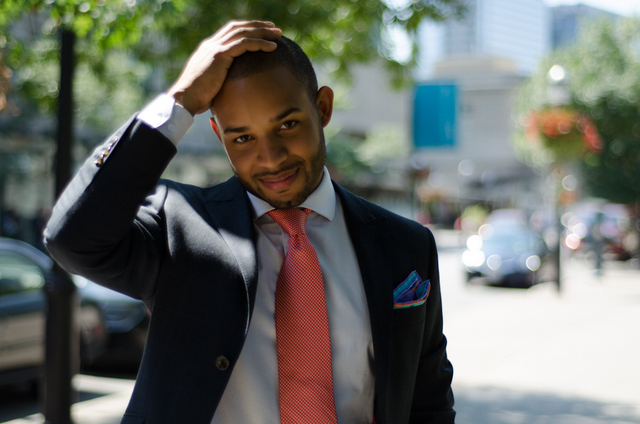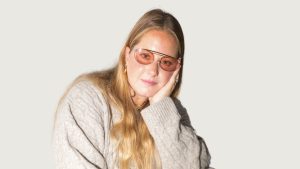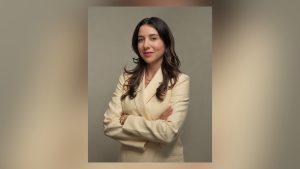Past Lives is an ongoing column about the past careers of entrepreneurs and business leaders. The column recounts each person’s experience in various industries, from finance to sales, or simply, the nine-to-five grind.
The Past
I wasn’t sure what I wanted to do after high school, but I knew it had to be in business. I didn’t know this then, but this would eventually lead to starting my own business. At the time, the commerce program at Queen’s University was really tough to get into, and I was interested in going up to Kingston because it was a really good school, and I had the grades.
I wasn’t the top student at Queen’s, but I definitely had a full extracurricular life, including organizing one of the biggest conferences ever hosted on campus. That was a cool legacy to leave.
Around the same time, entrepreneurship was becoming more and more popular. I spent a couple summers in corporate environments, and I realized there’s so many people – especially men – who don’t dress as well as they could because of the limited options available in Canada. I remember the first time I got a custom suit, and I remember thinking, “this is awesome.”
That was the genesis of my business. Actually, to clarify, that’s where the idea was born, but I wasn’t necessarily confident enough as a 19-year-old kid to go out and do that. Nevertheless, I realized there was space in Canadian suiting to bring something to market that wasn’t a cheap suit or a super expensive suit.
After Graduation
In 2008, the summer we graduated, the market started to change, and one of the biggest economic downturns in recent history happened just as we were being put out into the workforce. There was a mentality of, “you’re lucky to have a job,” amongst our cohort that made me take the safe route. I ended up at Price Waterhouse Coopers (PWC), an accounting firm in Toronto, while also working at getting certified as a CPA. That’s when I started telling everyone about my idea…Once I qualified for my CPA, I was going to quit, and start my own business.
I tried to get my certification done in about three-and-a-half years. I didn’t take as many vacation or sick days as others, because that doesn’t count towards your hours. Towards the end of it, I almost forgot about MADE, or it had been pushed in the back of my mind. Five months before I qualified as a chartered accountant I realized, “Oh snap, I really got to figure this out.”
I started thinking about my network—I know a lot of people. All my friends from university who were entering the workforce could do with suiting options. When I finally got the qualification call from the governing body, I immediately let my company know, I was going to start MADE. I gave my two weeks so to speak, and the rest is history.


Transferable Skills
By the time I left PWC, I had made a couple of suits, and a bunch of shirts. I had early suppliers and a sales kit, but I had no name for the company or a logo. Still, I made sure I included a price for everyone who was kind enough to purchase the early versions of the clothing. You always have to charge for your services. Obviously, I didn’t charge full-price, but I made sure there was a reasonable price. I also made sure my service was top notch: I fixed any issues with the suits, no matter what.
If you’re moving between professions, skills you used in your old job will transfer over. For example, you can be a carpenter and then become a fashion designer, and there’s probably parallels in design; in measuring twice, cutting once. Some of the best service people we’ve hired at MADE have been people who have worked in a very intense service-oriented roles, like Starbucks baristas.
Being Fiscally Responsible
We opened our first MADE brick-and-mortar location at Church and Adelaide in Toronto. I’d never been so fiscally responsible; because I’m so passionate about my business, it was easy to stay focused, work long hours, go home, stay up later, work another job, and pay down that debt.
Suiting is all about style, fit and expecations
Our suits are made to measure, but that can mean a lot of things. We try to say, “Look, the suit doesn’t exist. So you come in, you choose your fabric, we measure you, we then cut a pattern that fits best with that. And then there’s still at least three fittings to ensure a great result.”
A lot of our core clients are wearing suits three to five times a week and it’s important for them to look good. It raises their brand and their profile as lawyers or professionals.
In order to make sure a suit fits right, you have to understand all the dynamics of client. It’s not as simple as measuring the diameter of a table. The waist, shoulder, or sleeve, depends on the client. There could be two clients with different set of measurements, and the exact same body type. We measure style, fit, and expectations, and I think a lot of people just measure fit.
What makes MADE different from the other options on the market is our dedication to the overall experience. From the get-go, we have this very set process that we like to follow to understand what a client wants, where he’ll be, and how he’ll get there.








